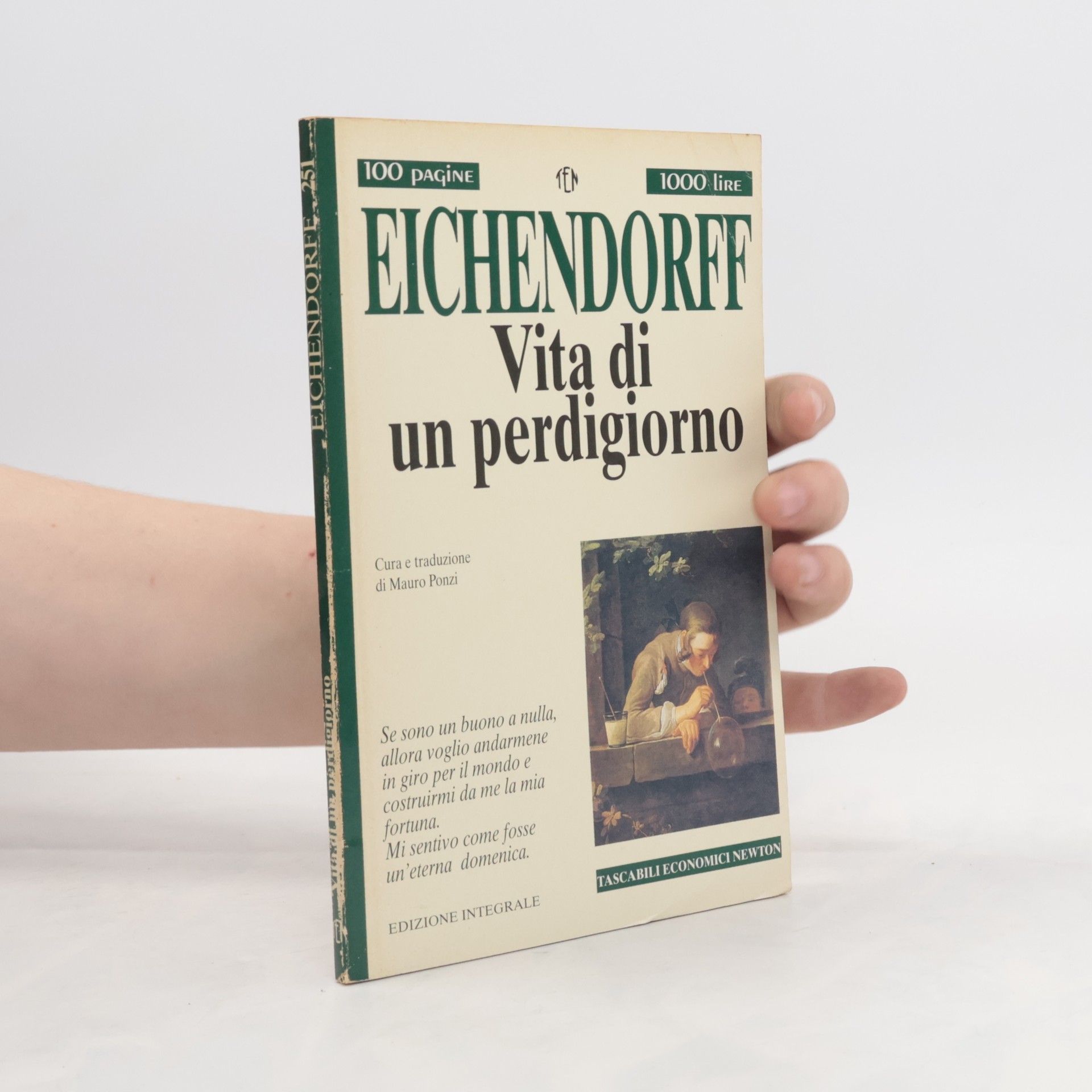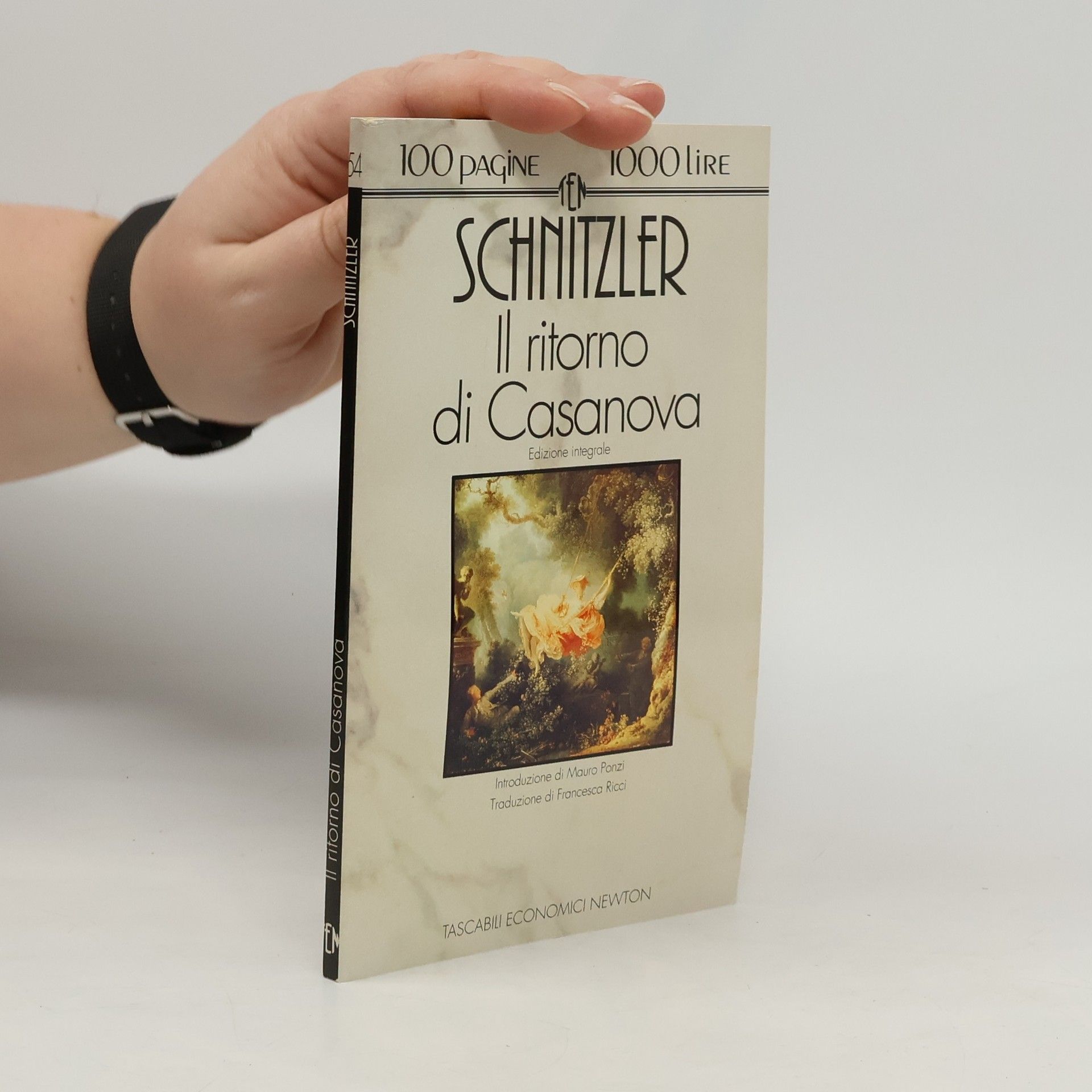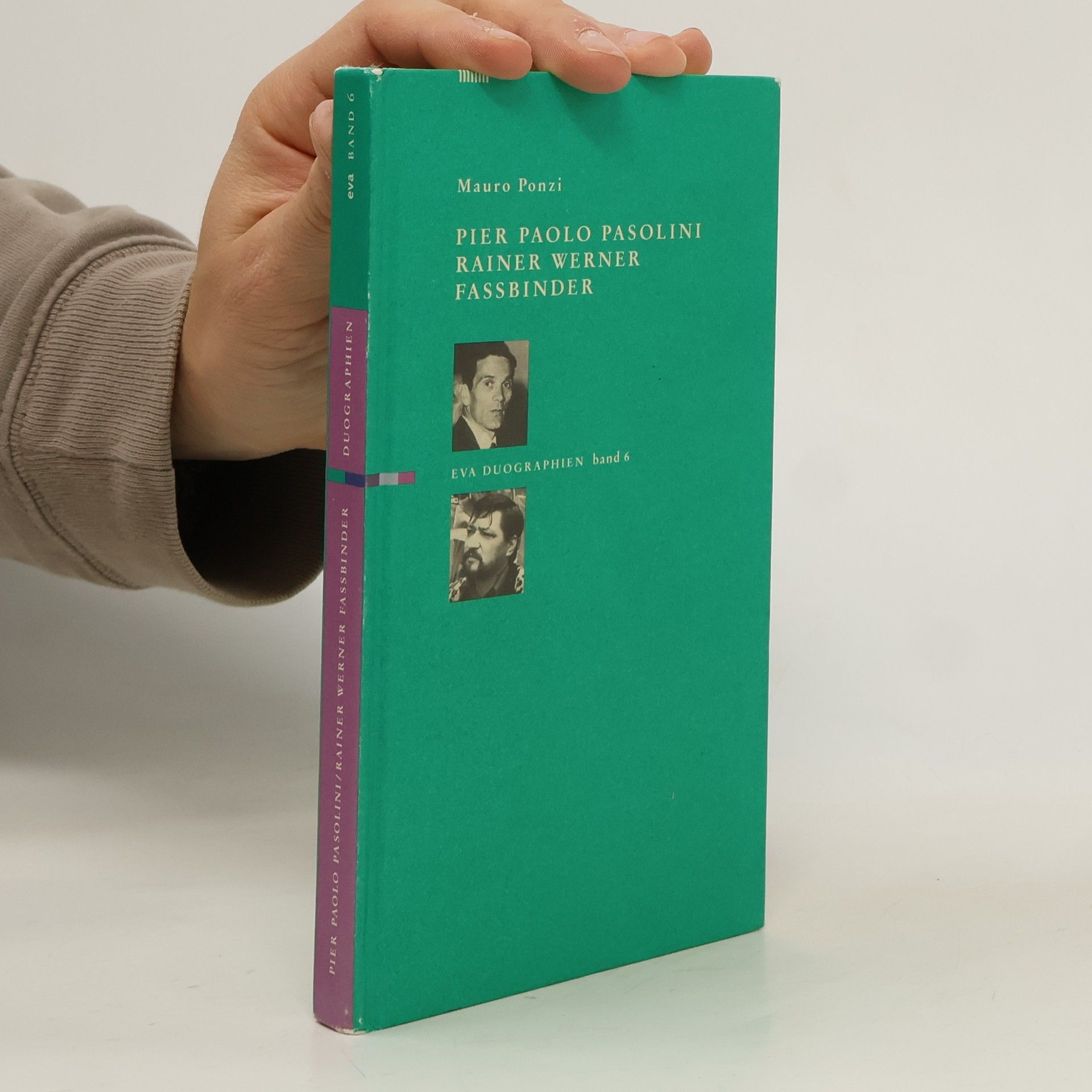A 53 anni, Giacomo Casanova desidera tornare a Venezia, abbandonata dopo la fuga dal carcere dei Piombi. Durante il viaggio, è ospitato da Olivo e Amalia, una coppia che aveva conosciuto anni prima e di cui era stato l'artefice del matrimonio, nonché amante di Amalia. Nella loro tenuta, Casanova incontra anche la giovane Marcolina, appassionata di matematica e filosofia. Inizia a corteggiarla, ma Marcolina è coinvolta in una relazione segreta con il sottotenente Lorenzi e rifiuta le avances del seduttore. La sua resistenza diventa per Casanova una sfida al suo fascino, nonostante l'età avanzata. Riesce a passare una notte con Marcolina solo grazie a un inganno, un'esperienza che lo porta a riflettere sul passare del tempo e sulla perdita del suo potere seduttivo. Al mattino, mentre sta per lasciare la tenuta, Lorenzi lo sfida a un duello. Casanova, in un tragico confronto, uccide il giovane. Dopo questo evento, fugge dalla tenuta per tornare a Venezia, dove lo attende il Consiglio dei Dieci, che lo impiegherà come spia negli ultimi anni della sua vita.
Mauro Ponzi Libri






Tascabili Economici Newton - 251: Vita di un perdigiorno - Edizione Integrale
- 100pagine
- 4 ore di lettura
Gli elementi principali di questo romanzo, scritto in parte in prosa e in parte in versi, sono la natura e la relazione che l'uomo ha con essa: per Eichendorff infatti natura significa libertà. Il protagonista, Taugenichts, è un ragazzo la cui famiglia vive in un mulino; egli viene sempre chiamato in questo modo, che significa Perdigiorno , anche dai suoi genitori. Una mattina di primavera si sveglia e decide di partire all'avventura per il mondo accompagnato solo dal suo violino.
Mythos der Avantgarde
- 270pagine
- 10 ore di lettura
Das Buch untersucht die Entstehung künstlerischer Themen in der modernen Kunst und deren Verbindung zur Mythologie. Es beleuchtet, wie die moderne Epoche durch griechische Mythen interpretiert wird und eine neue Mythologie entsteht. Dabei wird die Spannung zwischen Tradition und radikalem Bruch in der Kunstproduktion thematisiert.
Hermann-Hesse-Jahrbuch. Bd.6
- 120pagine
- 5 ore di lettura
Hermann-Hesse-Jahrbuch. Bd.7
- 138pagine
- 5 ore di lettura
Vorwort - I. Hermann Hesse: westöstliche Religionen - J. Weber: 'Das Weiseste und Tröstlichste, was ich kenne'. Hermann Hesse und die chinesische Philosophie - M. Kämpchen: Der Hinduismus als Denkweise Hermann Hesses Beziehung zu Indien - J. Waßmer: 'Die ehrwürdige Größe und Schönheit der jüdischen Welt'. Hermann Hesse und die Begegnung mit Martin Buber - A. Gierke: 'sein Leben Gott darbringen, um die Sünden der Mutter zu sühnen'. Mütterlichkeit, Tanz und Religiosität in Hermann Hesses Narziß und Goldmund - V. Wehdeking: 'Romeo': Hermann Hesses Opern-Bearbeitung von Shakespeares Romeo und Julia - eine Friedensarbeit nach Beginn des Ersten Weltkriegs - P. Moskala: Vergänglichkeit und Wiedergeburt in Hesses Lyrik -R. Drewes: 'Es gibt halt so wenig Menschen' - Hermann Hesse und sein Osnabrücker Freundeskreis (1909 bis 1962) - II Besprechungen - G. Decker: Hermann Hesse. Der Wanderer und sein Schatten. Biographie. (Elke Minkus) - C. Gellner: '...nach oben offen'. Literatur und Spiritualität - zeitgenössische Profile (Elke Minkus) - III Mitteilungen - H.-M. Dittus: Mitteilungen aus der Gesellschaft
Hermann-Hesse-Jahrbuch, Band 9
- 184pagine
- 7 ore di lettura
Vorwort - I Grenzüberschreitungen - M. Kleeberg: Lob der Herzenshöflichkeit - M. Ponzi: Thomas Manns Endzeitgefühl am Beispiel von Doktor Faustus - K.-J. Kuschel: Diagnose Welt-Bürgerkrieg - Thomas Manns und Hermann Hesses Gegenentwürfe zur Vergiftung Deutschlands durch Nationalismus und Rassismus - A. Solbach: Literatur und Gewissen: Thomas Mann und Hermann Hesse im Kontext des Zivilisationsbruchs - E. Drewermann: Hermann Hesse: Die Orientreise - Der lange Weg zu sich selbst - V. Michels: In den Niederungen des Aktuellen. Hermann Hesse im Nationalsozialismus - S. Gruber: Daß wir an Deutschland [...] noch viel Freude erleben werden, ist nicht wahrscheinlich. - Hesses Positionierung als Autor nach dem Zweiten Weltkrieg - J. Waßmer: Schriften politischer Zeiten. Zur implizit politischen Dimension in Hermann Hesses Spätwerk - K.-J. Kuschel: Im Dialog mit Buddha und Laotse: Hermann Hesse - Bertolt Brecht - N. Pang (Nanjing): Die Hesse-Forschung in China im Zeitraum von 1949-2017. Eine Forschung auf Grundlage der Datenbank Chaoxing Finder - J. Ma: Der erhobene Finger - Über die Gedankenlyrik Hermann Hesses - S. Lewitscharoff: Hermann Hesse querbeet - C. Gellner: Einzigartiger west-östlicher Brückenschlag. Laudatio zur Preisverleihung der Internationalen Hermann-Hesse-Gesellschaft an Adolf Muschg - II Besprechungen - J. Below (Hg.), Hermann Hesse. Der Vogel kämpft sich aus dem Ei. Eine dokumentarische Recherche der Krisenjahre 1916-
Weit verstreute Ruinen
- 260pagine
- 10 ore di lettura
Das Buch analysiert Benjamins weitläufige Stadterfahrungen und Städtebilder, besonders von Neapel, Paris und Berlin sowie die „Figuren“ des Glücksspielers, der Dirne, des Lumpensammlers und des Flaneurs, die diese Erfahrungen stilisieren oder, besser gesagt, allegorisieren. Folgende Figuren stehen ebenfalls im Zentrum der Studie, da Benjamin sie in den Mittelpunkt seiner Interpretation der Moderne stellt: Es handelt sich um Baudelaire, Aragon, den Surrealismus und Karl Kraus. Dabei werden Themen und Autoren (u. a. Poe, Kracauer, Hessel) in Betracht gezogen, die Benjamin als Vorbilder benutzt hat, um seine Darstellung der Moderne zu konturieren, doch kommen auch Autoren und Bewegungen (wie Heine, Marinetti oder der Futurismus) zu Wort, die in Benjamins Schriften nicht explizit vorkommen und dennoch einen Schlüssel zum Verständnis verschiedener philosophischer Diskurse bereithalten. Darüber hinaus bietet das Buch einen Exkurs einer Analyse zeitgenössischer Autoren, darunter Pasolini und Heiner Müller, die sich an einer ‚benjaminschen‘ Auffassung der modernen Gesellschaft und der Kunst versucht haben.
Pier Paolo Pasolini, Rainer Werner Fassbinder
- 180pagine
- 7 ore di lettura
